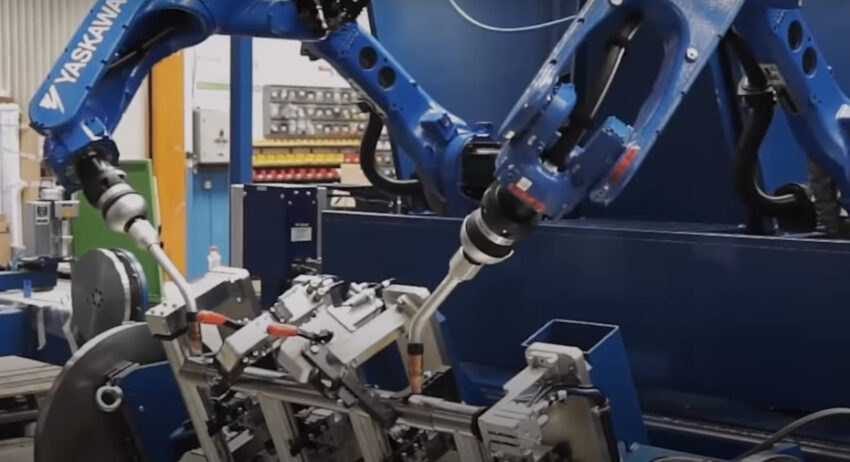Introduction
In the ever-evolving landscape of technology, the concern over machines and robots taking over human jobs has become a topic of heated debate. As automation continues to advance, there is a growing fear that traditional employment opportunities will dwindle, leaving many without a source of income. In response to this looming challenge, the concept of Universal Basic Income (UBI) has gained traction as a potential solution. This blog post explores the need for UBI in a world dominated by machines and robots, addressing the concerns of skeptics who argue against the feasibility of such a system.
The Rise of Automation
The rapid progression of technology, particularly in artificial intelligence and robotics, has led to significant advancements in automation. While this has undoubtedly increased efficiency and productivity, it has also sparked apprehension about the potential consequences for the workforce. Traditional jobs, once performed by humans, are now being replaced by machines that can work tirelessly without the need for breaks or compensation.
The Call for Universal Basic Income
In the face of these technological changes, many proponents argue that a Universal Basic Income is essential to provide financial security for individuals whose jobs have been automated. UBI is a system in which every citizen receives a regular, unconditional sum of money from the government, regardless of their employment status. This approach aims to address the widening income gap and ensure that everyone has the means to meet their basic needs.
Addressing Skepticism
However, skeptics often argue that implementing UBI is impractical, especially when it comes to funding such a system. The common refrain is, “The government or the rich are not going to pay anyone for nothing.” To address this skepticism, it’s important to highlight the potential benefits that UBI could bring to society.
- Economic Stimulus: By providing a basic income to all citizens, UBI has the potential to stimulate economic growth. People with financial security are more likely to spend money on goods and services, contributing to increased demand and business expansion.
- Social Stability: UBI can act as a buffer against the social unrest that may arise from widespread unemployment. When individuals have a guaranteed income, they are less likely to experience financial crises, reducing the strain on social support systems.
- Encouraging Innovation: With the financial safety net of UBI, individuals may feel more empowered to pursue entrepreneurial ventures or engage in creative endeavors that benefit society as a whole.
Conclusion
As we navigate the uncharted territory of a future dominated by machines and robots, the need for innovative solutions becomes increasingly apparent. Universal Basic Income emerges as a compelling option to address the economic challenges posed by automation, offering a safety net for individuals whose jobs are at risk of being automated. While skepticism exists, it’s crucial to consider the potential benefits of UBI in fostering economic growth, social stability, and encouraging innovation. As we strive for a harmonious coexistence between humans and technology, UBI may very well be the key to ensuring that no one is left behind in the march of progress.

